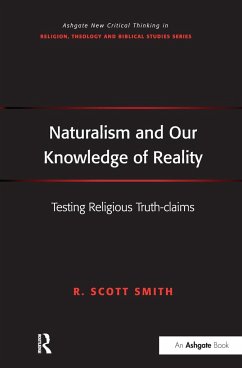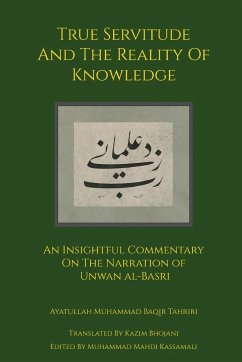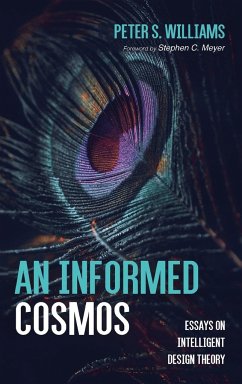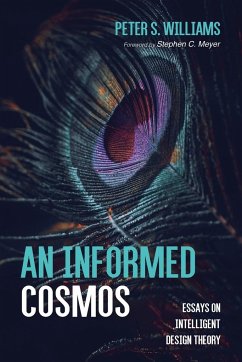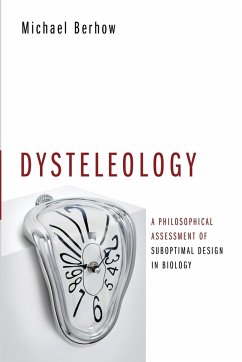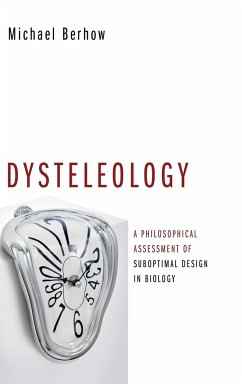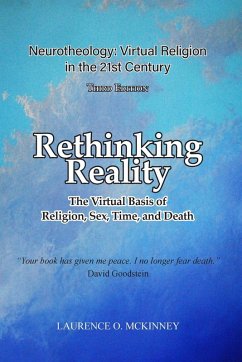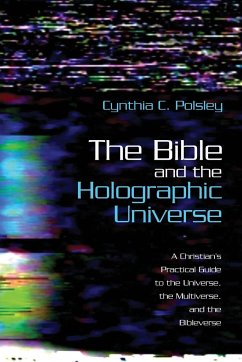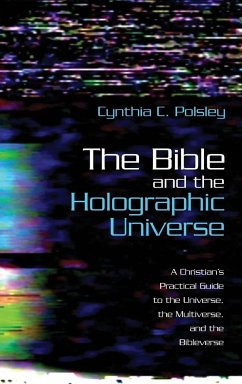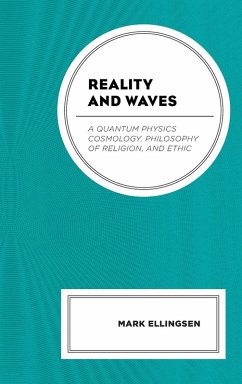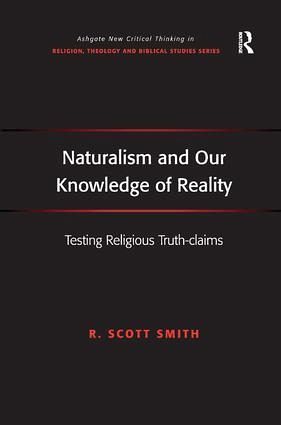
Naturalism and Our Knowledge of Reality
Testing Religious Truth-claims
Versandkostenfrei!
Versandfertig in 1-2 Wochen
177,99 €
inkl. MwSt.
Weitere Ausgaben:

PAYBACK Punkte
89 °P sammeln!
Philosophical naturalism is taken to be the preferred and reigning epistemology and metaphysics that underwrites many ideas and knowledge claims. But what if we cannot know reality on that basis? What if the institution of science is threatened by its reliance on naturalism? R. Scott Smith argues in a fresh way that we cannot know reality on the basis of naturalism. Moreover, the "fact-value" split has failed to serve our interests of wanting to know reality. The author provocatively argues that since we can know reality, it must be due to a non-naturalistic ontology, best explained by the fac...
Philosophical naturalism is taken to be the preferred and reigning epistemology and metaphysics that underwrites many ideas and knowledge claims. But what if we cannot know reality on that basis? What if the institution of science is threatened by its reliance on naturalism? R. Scott Smith argues in a fresh way that we cannot know reality on the basis of naturalism. Moreover, the "fact-value" split has failed to serve our interests of wanting to know reality. The author provocatively argues that since we can know reality, it must be due to a non-naturalistic ontology, best explained by the fact that human knowers are made and designed by God. The book offers fresh implications for the testing of religious truth-claims, science, ethics, education, and public policy. Consequently, naturalism and the fact-value split are shown to be false, and Christian theism is shown to be true.




